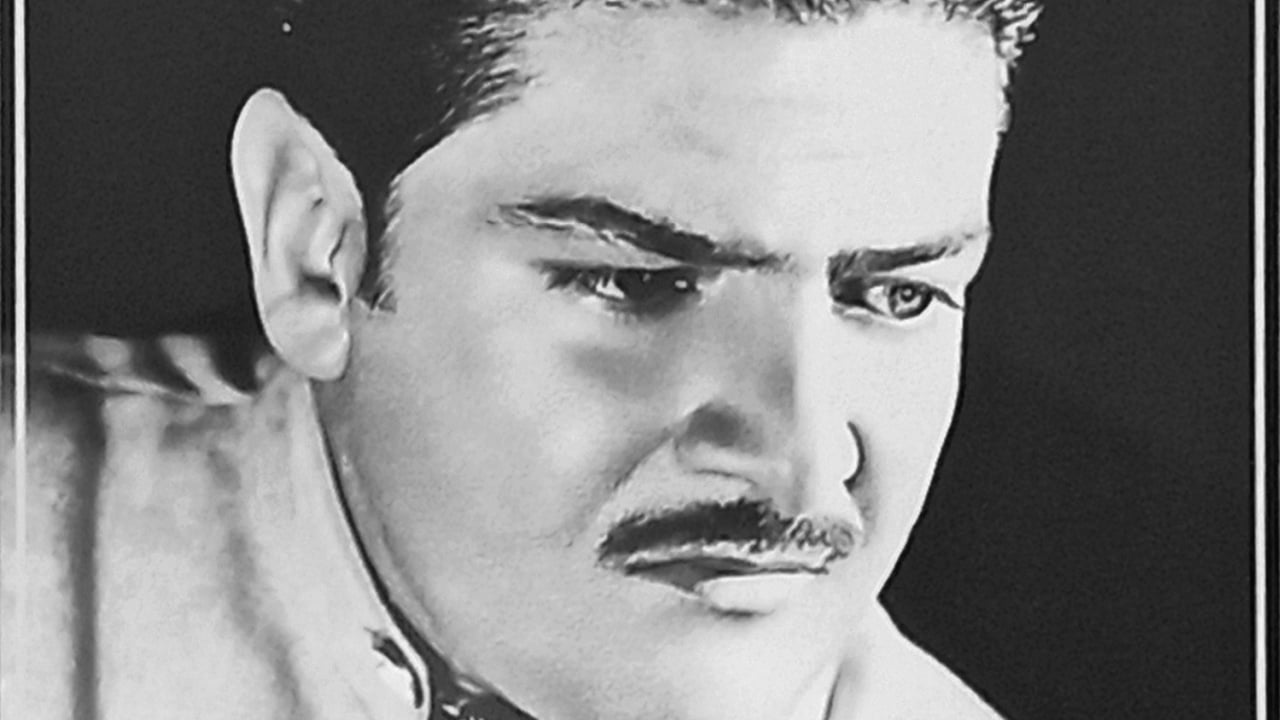How the Med Students Behind ‘Foos in Medicine’ Proved to Their Latino Family Med School Was Their Path
Representation matters. Finding our reflection in spaces we rarely see ourselves in can change perceptions of what is truly possible. This was true for first-generation medical students Irvin Garcia Real and Alexis Aleman.
Like many United States-based Latinos who are pioneers in their families, it hasn’t always been smooth sailing, but this hasn’t stopped them from achieving their goals. The two documented their journey on social media with their Instagram account @foosinmedicine.
Garcia Real and Aleman explained to mitú they’ve received much love from their community because of their documentation online. They also note that their path has taught them how to redefine success.
These medical students revealed the slight disconnect between them and their families initially
Garcia Real and Aleman understood they needed to contribute to their families. Thus, they were expected to work while in school.
“I come from a family of hard workers, and in our family, we all contributed,” Garcia Real explains. “I learned agriculture as a kid, and since then, I’ve always had a role in helping our family move forward. When I first started taking school seriously in high school, it created a lot of conflict with my parents because it was interrupting my contribution to our family.”
The first-gen 26-year-old medical student notes he was “labeled lazy” because he picked school over work. He notes they didn’t “understand what becoming a doctor” would require of him.
“Because of this, my parents continued to expect my contribution. As the years went by, they became more understanding of my path, they began to notice my dedication to school pay off, and they became more and more supportive,” he affirms.
Aleman experienced a similar scenario with his family.
“When I told my parents I wanted to pursue medicine initially, they thought I wanted to become a nurse assistant or a clerk in a hospital,” he adds. “Those were the professions that my parents saw some of my educated family members going into; they were not used to anyone trying to become a doctor.”
Like Garica Real, the ophthalmology student says they also expected him to work. He also felt that his parents didn’t know if he “could do it.”
“The other reason was that they expected me to work while going to school, so they wanted me to do something that would not be very demanding so that I can work,” he says. “One thing was certain though, I felt their support, and [they] told me to take school seriously.”
Eventually, their family came around, their support making all the difference in their journey
Pursuing a medical career often requires much sacrifice from those who take it on as their vocation. The two first-generation medical students are not strangers to this. But their families have never wavered in their support. Something that has made all the difference in their lives.
Aleman, whose family has ties to Guerrero, Mexico, asserts that he sometimes considered “dropping out.” In true mamá fashion, his mom kept him grounded and encouraged him to push through.
“As I progressed further in my journey of applying to medical school, my mother noticed the hard work that I was putting in. She would see me struggle at times and even considered dropping out many times. She would tell me that this career was not easy but that it was going to be worth it in the end and to remember why I was doing it,” he expressed.
His mother reminded him of what truly mattered.
“She would remind me of the big picture, and honestly, that would help me a ton in the tough moments of endless studying and sacrificing family time for school and work,” the South Central Los Angeles native affirmed.
For Garcia Real, it was a reminder his father made to him that fueled his fire.
“When I was a teenager, I was working alongside my dad, and he mentioned something to me that stuck with me forever. He said ‘tú puedes hacer cualquier cosa que tu quieras en esta vida,’” Garcia Real, whose family hails from Calderas, Mexico, shares with mitú.
He continues, “Coming from someone who left their entire life behind in Mexico to chase their dream, these words were so powerful to me, and I have carried them with me throughout my entire journey.”
They hope to honor their culture by providing a space for their community to feel seen and heard
“Embracing our culture in a very homogeneous field is very important to me. The patients that are most vulnerable, that are most impacted by health disparities, these are the patients that are most underrepresented in medicine,” Garcia Real asserts.
This philosophy has influenced his interest in immigrant health and his desire to improve health equity for his community.
“In our communities, lack in the healthcare system is very prevalent, and unfortunately, this leads to poorer health outcomes in our people. I want my patients to come to me and feel accepted, to feel the warmth of having a physician whose cultural background overlaps with them,” he adds.
Aleman, interested in social determinants of health and health equity, wants to be a voice for representation within his field.
“I embrace and will continue to embrace my culture in all of the spaces that I am in. Being a Latino in these spaces, representing, and being proud of it will always be part of my personal mission,” he asserts.
“It’s important to relate to patients with similar backgrounds; for example, that can be a huge difference in a patient’s care and the care they decide to pursue or not pursue in the future. It is also important for students that grew up the same to see that there are students like them in this space; it goes back to motivating and inspiring the future Latinos in medicine,” he concludes.




